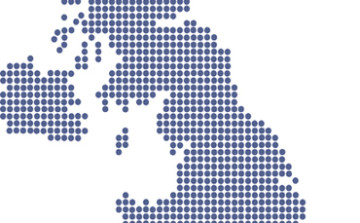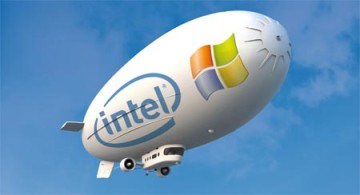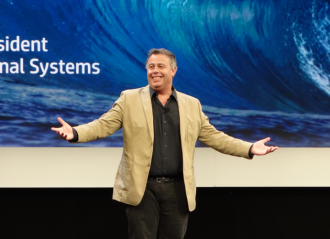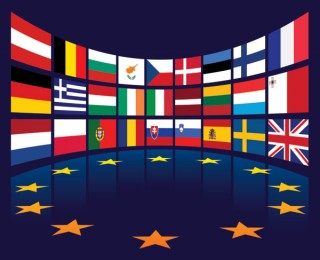 Beancounters at Morgan Stanley think that Microsoft’s Azure will edge out Amazon Web Services by 2019 for both Infrastructure as a Service (IaaS) and Platform as a Service (PaaS).
Beancounters at Morgan Stanley think that Microsoft’s Azure will edge out Amazon Web Services by 2019 for both Infrastructure as a Service (IaaS) and Platform as a Service (PaaS).
The 2016 CIO Survey worked out that 31 percent of the CIOs will be using Azure for IaaS, versus roughly 30 percent using AWS. Today, about 21 percent are using AWS and 12 percent are using Azure. While nearly 55 percent of the surveyed CIOs said they’re using no public-cloud IaaS today, that number will drop to less than 10 percent by the end of 2019.
Azure is already leading AWS in PaaS and it is used by 18 percent of the respondents, versus AWS’s 16 percent. Azure’s lead will grow slightly by 2019, growing 9.8 percent versus 6.4 percent, Morgan Stanley said.
Software as a Service (SaaS) spending is looking promising with 95 percent of the 100 respondents predicting it will be flat or will increase, up from 90 percent last year. Its key driver will be marketing applications from the likes of Adobe, HubSpot and Salesforce.
Nearly one-third of all applications will be migrated to the public cloud by the end 2017, up from 14 percent today, the survey said. On-premises apps will decline to 58 percent, from 71 percent today.
Hardware vendors, including conventional and flash storage makers, will continue to suffer as their market is eaten by the cloud. Hardware spending growth is down this year to 3.2 percent, from 3.4 percent last year.
Hewlett Packard Enterprise and NetApp face the largest threats, the study said. Biggish Blue might be saved by its cloud investments and cognitive-computing offering.
Oracle, EMC, Dell, VMWare and Cisco, in that order, all face declines in their share of the next three years’ IT budgets, ranging from -17 percent to -9 percent.



















